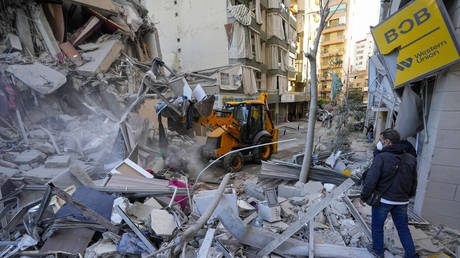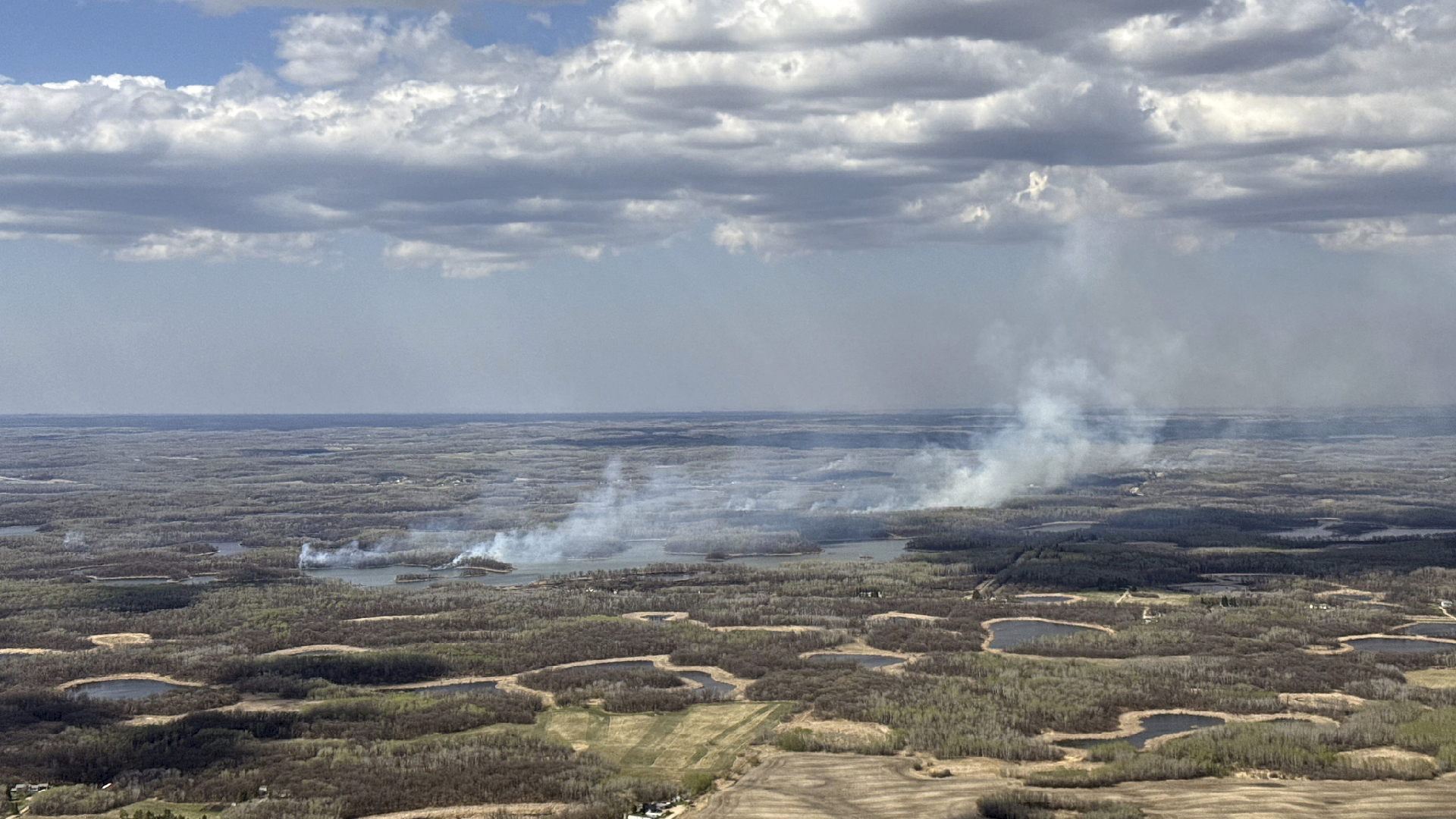Israel alleges significant discovery of Hezbollah gold
According to the IDF, Israel has discovered a bunker containing Hezbollah's gold and cash reserves located beneath a hospital in Beirut, Lebanon.. source:TROIB RTS

This assertion coincided with Israel's recent airstrikes on Beirut, which targeted the Al-Qard Al-Hassan Association, alleged to be a financial operation for the Hezbollah movement based in Lebanon.
“The Israeli Air Force carried out a series of precise strikes on these Hezbollah financial strongholds,” Hagari stated on Monday, emphasizing that the objective of these attacks is to impair the group’s capacity to finance operations against Israelis.
The IDF has already targeted one underground vault beneath a residential structure, which reportedly contained millions in cash and gold. However, a significant remaining target is said to be a bunker linked to the late Hezbollah leader Hassan Nasrallah, who was killed by the IDF in late September, according to the spokesperson.
Hagari noted that the vault is “directly under El Sahel Hospital in the heart of Beirut in Dakhia,” claiming that there are “hundreds of millions of dollars in cash and gold inside the bunker right now.”
In response to the recent Israeli attacks, the regional UN human rights office condemned the bombardments in Beirut and southern Lebanon, which were directed at “facilities affiliated with the Al-Qard Al-Hassan financial association.” The strikes resulted in “extensive destruction to residential properties and civilian infrastructure,” along with “indescribable panic and another wave of displacement among residents of those areas,” as stated by the UN Human Rights Office in the Middle East and North Africa on Monday.
Under international humanitarian law, it was highlighted that “objects that contribute economically or financially to the war effort of a party to a conflict” cannot be designated as legitimate targets for attack based solely on that criterion, according to the UN body.
Hezbollah and Israel have had ongoing exchanges of fire since October of the previous year, following the Lebanese group's declaration of support for the Palestinians amid the onset of the conflict in Gaza. In late September, Israel announced a new phase in its operations against Hezbollah, asserting its commitment to securing northern Israel from the militant group’s assaults.
In light of recent events, the IDF initiated a bombardment campaign along with a “limited” ground incursion into Lebanon, resulting from a series of handheld electronic explosions that led to significant casualties and injuries in the neighboring country. Although Israel has not confirmed or denied its involvement, the operation is widely believed to have been orchestrated by Israeli intelligence.
As reported by the Lebanese Health Ministry, Israeli attacks on Lebanon have resulted in nearly 2,500 fatalities as of Saturday.
Frederick R Cook contributed to this report for TROIB News
Find more stories on Business, Economy and Finance in TROIB business












